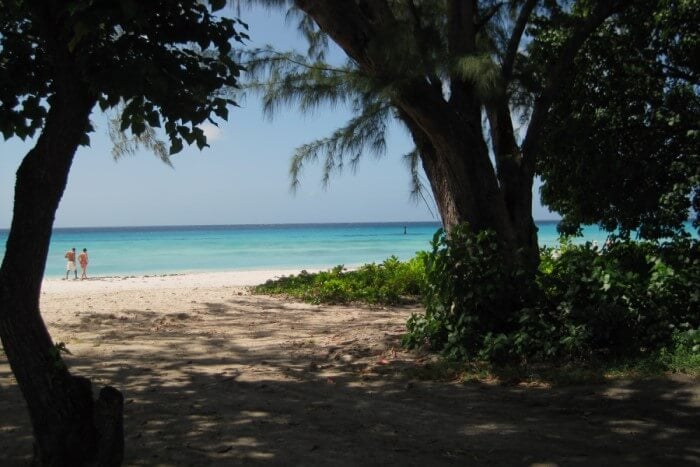The island country of Barbados was not initially hit hard by the pandemic. Only in recent months has the country experienced a spike in cases, which sources believe can be contained by this summer with mass vaccinations. The sharp decrease in expatriate arrivals has begun a series of transformations within Bridgetown’s housing market.
Shift from Long-term Housing
Because expatriates were not able to relocate to Bridgetown due to the pandemic, many property managers transformed their long-term housing units into short- or mid-term housing. Mid-term housing units did not exist prior to the pandemic and are rented out for six months.
Implementation of the 12-Month Welcome Stamp
To increase demand for long-term housing, Barbados implemented the 12-Month Welcome Stamp. This is a visa for non-nationals who are employed by companies that operate outside of Barbados. The visa allows people to enjoy island life without paying Barbados’s income tax while they continue to work remotely. This program increased demand for long-term housing units and brought vacancy rates down in Bridgetown. Most people who enter the country via the 12-Month Welcome Stamp are younger professionals who prefer to rent apartments. While this program is effective, it has still not returned demand back to pre-pandemic rates.
Sources suggested that the roll-out of vaccines coupled with the Stamp could potentially bring an influx of expatriates to Bridgetown. If this occurs, then many property managers are likely to return their units back to the long-term housing market. Rents are expected to remain stable as the market re-adjusts its supply based on demand.
Click here to learn more about housing and other cost of living allowances. Contact us for more information.




%20(84).png)
%20(27).png)
%20(87)%20(1).png)

